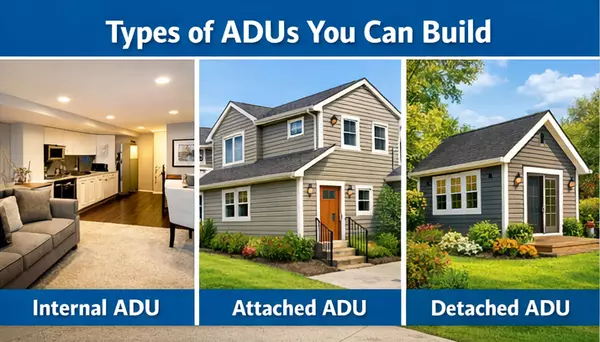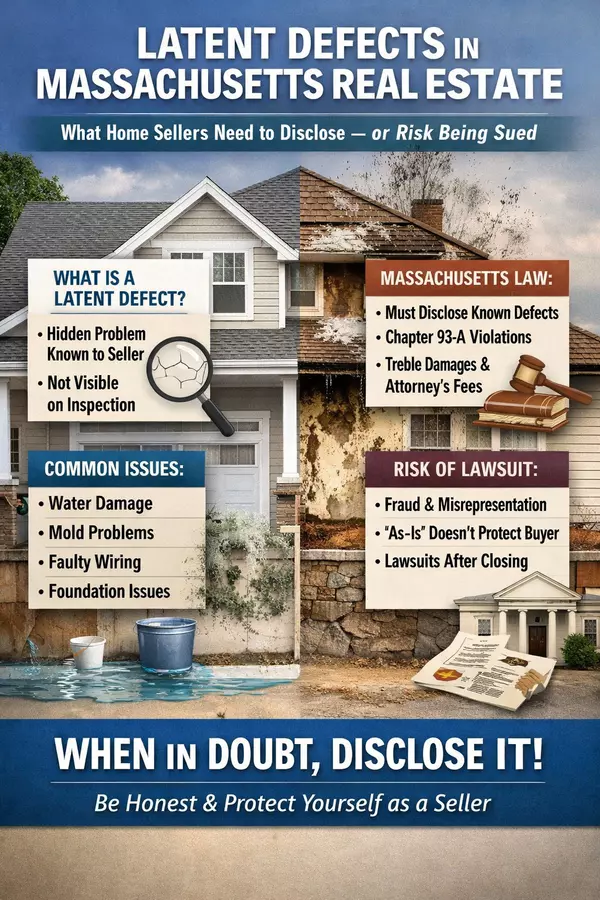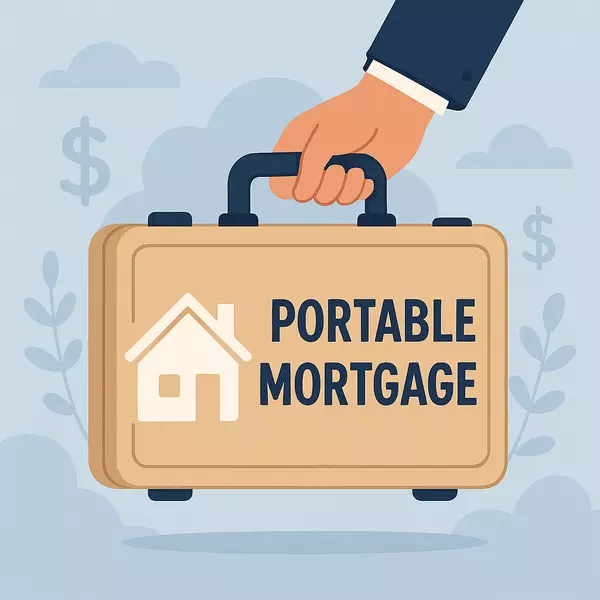Understanding Capital Gains Tax on Home Sales: What You Need to Know

Understanding Capital Gains Tax on Home Sales: What You Need to Know
Selling your home can be exciting—whether you’re upgrading, downsizing, or relocating. But before you celebrate your sale, it’s important to understand how capital gains tax may (or may not) affect the profits from your home. Knowing the basics can help you plan ahead, avoid surprises, and maximize your financial outcome.
What Is Capital Gains Tax?
Capital gains tax is the tax you may owe on the profit (the “gain”) when you sell an asset—like a house—for more than you paid for it. Your gain is generally the difference between your home’s selling price and your adjusted basis (what you originally paid plus the cost of qualifying improvements and selling expenses).
 The Primary Residence Exclusion
The Primary Residence Exclusion
The good news for most homeowners is that the IRS offers a primary residence exclusion, which allows you to avoid paying capital gains tax on a large portion of your profit.
-
Single filers can exclude up to $250,000 of gain.
-
Married couples filing jointly can exclude up to $500,000 of gain.
To qualify, you must:
-
Own the home for at least two of the last five years, and
-
Live in the home as your primary residence for at least two of the last five years.
The two years of ownership and residence don’t have to be consecutive, but they must fall within the five-year period leading up to the sale.
When You May Owe Capital Gains Tax
You may owe taxes if:
-
Your profit exceeds the exclusion amount.
-
The home wasn’t your primary residence (for example, an investment property or vacation home).
-
You sold a second home, rental property, or flipped a property you didn’t live in.
The tax rate depends on how long you owned the property and your income:
-
Short-term gains (owned less than a year) are taxed at your regular income tax rate.
-
Long-term gains (owned more than a year) are generally taxed at 0%, 15%, or 20%, depending on your taxable income.
Even if your gain is above the exclusion, you can lower it by adjusting your “basis.” Include the cost of:
-
Home improvements (new roof, remodeled kitchen, finished basement, etc.)
-
Closing costs when you bought and sold the home (real estate commissions, title fees, legal fees).
Careful record-keeping of these expenses can significantly reduce your taxable gain.
Special Considerations
-
Partial Exclusion: If you sold because of a job change, health reasons, or unforeseen circumstances, you may still qualify for a partial exclusion even if you don’t meet the two-year rule.
-
Inherited Property: Different rules apply when selling a home you’ve inherited—often the basis is “stepped up” to the home’s value at the time of inheritance, which can reduce or eliminate capital gains.
-
State Taxes: In Massachusetts, the rules largely align with the federal primary residence exclusion: you can exclude up to $250,000 of gain if you're single, or $500,000 if married filing jointly, provided the home was your main residence for at least 2 of the last 5 years. Capital gains rules vary by state.
- The National Association of REALTORS (NAR) has been lobbying to get the $500,000 limit raised to $1,000,000 since it hasn't been increased since it went into effect in 1997.
Key Takeaways for Home Sellers
-
Many primary residence sellers pay no federal capital gains tax thanks to the exclusion.
-
Keep records of all purchase costs, improvements, and selling expenses to reduce your taxable gain.
-
Consult a qualified tax professional to understand your specific situation, especially if you’re selling a second home or a property with substantial appreciation.
Final Thoughts
Selling your home is one of the biggest financial transactions you’ll ever make. By understanding how capital gains tax works and planning ahead, you can keep more of your hard-earned equity and move confidently into your next chapter.
Thinking about selling? Contact a trusted real estate professional for a complimentary market analysis and guidance tailored to your property and local market conditions.
Jim Armstrong
Massachusetts Real Estate Broker
Certified Real Estate Instructor
jarmstrong@armstrongfield.com
Categories
- All Blogs (99)
- Beverly, MA (4)
- Buying a Home (42)
- Condos For Sale (3)
- Home Ownership (28)
- Homes For Sale (7)
- Living on the North SHore (11)
- Mortgages (4)
- Prospective Real Estate Agents (1)
- Real Estate Careers (8)
- Real Estate Market Conditions (20)
- Real Estate School (1)
- Salem, MA (6)
- Selling a home (49)
Recent Posts












